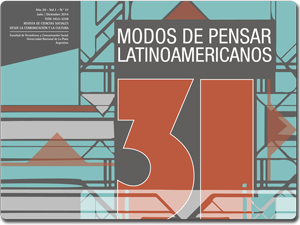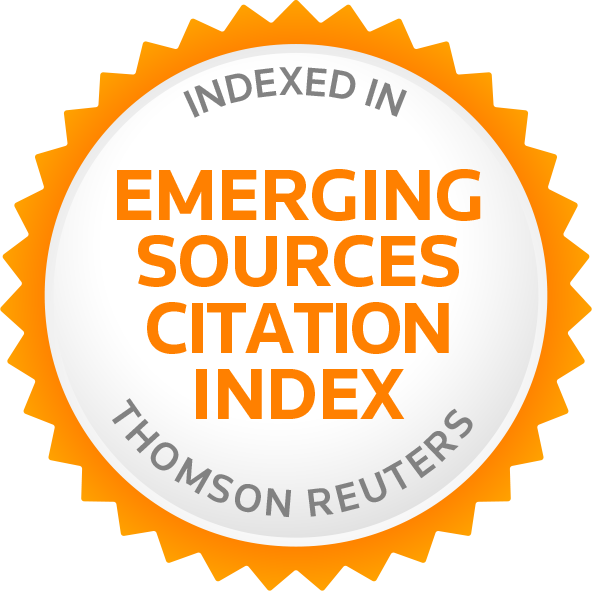Democratization, policies of access and daily life
Keywords:
Open Digital Television, audiences, public policy, Jujuy (Argentina)Abstract
In this work we propose to think about experiences of the recognition of digital television and its content in popular urban contexts in Jujuy, taking into account continuities as much as discontinuities in this process. We explore the intersections that allow to understand part of the complex processes associated with social television applications and technologies. We propose to expose and analyse processes and symbolic and material forms of practices related to access and recognition of audio-visual contents linked to digital tv and the public policies that promote it. From the articulation of two strategies they present approximations to the experiences of hearings, to link them, in turn, with this number of this journal by means of a more wide discussion concerning the construction of the hegemony.Downloads
Downloads
Published
How to Cite
Issue
Section
License
The acceptance of an original by the journal implies the non-exclusive transfer of the patrimonial rights of the authors in favor of the publisher, who allows the reuse, after its edition (postprint), under a Creative Commons License Attribution-NonCommercial-ShareAlike 4.0 International.
According to these terms, the material can be shared (copy and redistribute in any medium or format) and adapted (remix, transform and create another work from the material), provided that a) the authorship and the original source of their publication (magazine and URL of the work) are cited, b) is not used for commercial purposes and c) the same terms of the license are maintained.
The assignment of non-exclusive rights implies that after postprint in Oficios Terrestres authors may publish their work in any language, media and format; in that case, it is requested that they signal that the material was originally published by this journal.
Assignment also entails the authors’ authorization for the work to be collected by SEDICI, the institutional repository of the Universidad Nacional de La Plata, and for it to be indexed in the databases that the publisher thinks appropriate for enhancing the visibility of the published work and its authors.
In addition, the journal encourages authors to submit their works to other institutional and thematic repositories after their publication in Oficios Terrestres, under the assumption that offering society unrestricted access to scientific and academic production contributes to a greater exchange in global knowledge.







_(Custom)11.jpg)




.png)






















